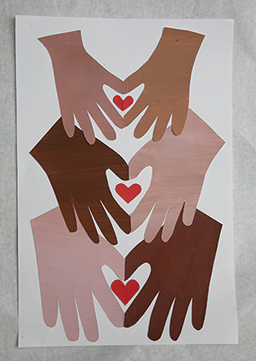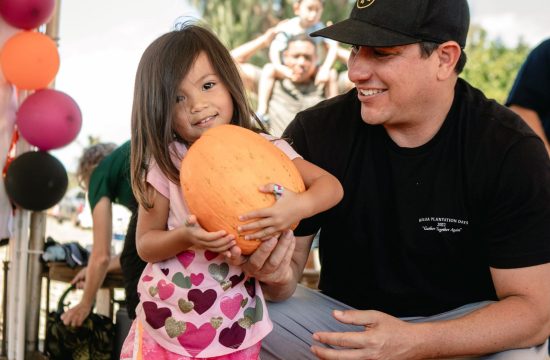Parents who want children to stand up for what’s right and fair have a responsibility to teach kids how to be an ally to others by cultivating empathy and compassion at home.
What is an ally?
An ally is a friend who’s willing to stand up for what is right and has your back if you’re being treated unfairly because you’re different.
What is empathy?
Empathy allows us to understand the feelings of another person by seeing a situation through their eyes. It enables us to imagine what it would be like to walk in their shoes. Unlike sympathy, which is the emotion of feeling sorry for someone, empathy is the ability to imagine what someone else is feeling and move toward them with compassion and understanding.
Here’s how to create a culture of empathy at home that gives growing kids the foundation to become allies who genuinely desire to help and stand up for others.
Start where you are.
Take an honest assessment of how you view the world and how you express those views to your children. Honest conversations are vital, but also remember that children will follow your lead. They notice kindness, respect, and when you speak up or intervene on behalf of someone receiving unfair treatment. When parents model empathy through both words and action, children catch it.
Tap into the power of books.
Studies show that reading helps build empathy by enabling us to connect with other perspectives and human experiences. Use the power of stories to grow empathy and understanding in children by choosing books that discuss different types of life events and represent different cultures. After reading together, ask questions related to the characters’ responses to the events in the book. Imagine together what it must be like to walk in the character’s shoes. Encourage kids to think about how they might have responded in the same situations. Make the stories come alive by adding activities like preparing a meal or watching a movie related to the book’s cultural setting.
Find recommended books for children of all ages at websites such as www.theconsciouskid.org, www.commonsensemedia.org, and many others.
Make playtime colorful.

Playtime is where kids practice communication, cooperation and compassion. It’s where kids learn how the world works and how best to get along with others. It’s also an opportunity for kids to learn about the vast array of people they will meet and interact with in the real world. Consider introducing dolls with different skin tones or adding toys from other cultures to broaden a child’s sense of belonging to a world of many different hues. Add People Color Crayons, pencils or craft paper to your child’s art supplies to draw family, friends, and self-portraits in realistic skin tones.
Practice, practice, practice.
Give kids lots of opportunities to practice caring for others. At home, notice and affirm acts of kindness and compassion. Help kids connect the dots between their actions and feelings when giving and receiving words of encouragement. Encourage them to be “noticers” of differences and similarities among the people they know and have honest conversations about why it matters to acknowledge both. Discuss “what if” scenarios that allow kids to play out what they might do if they witness someone’s mistreatment because of differences.
Give kids a plan.
Even with all the preparation, it takes courage to be an ally. A three-step plan helps kids feel more confident about what to do in the moment when they feel moved to step up.
- Comfort the person who is feeling hurt or misunderstood. Asking, “Are you OK?” or offering an invitation to sit together can make all the difference.
- Go to an adult for help or offer to go with someone who is hurt.
- Know when to walk away from danger and find an adult.
Through thoughtful communication and intentional strategies, parents raise kids to care about people who are different from them. When parents cultivate empathy at home, children learn to be allies who stand up for what is fair and right with compassion and kindness.








